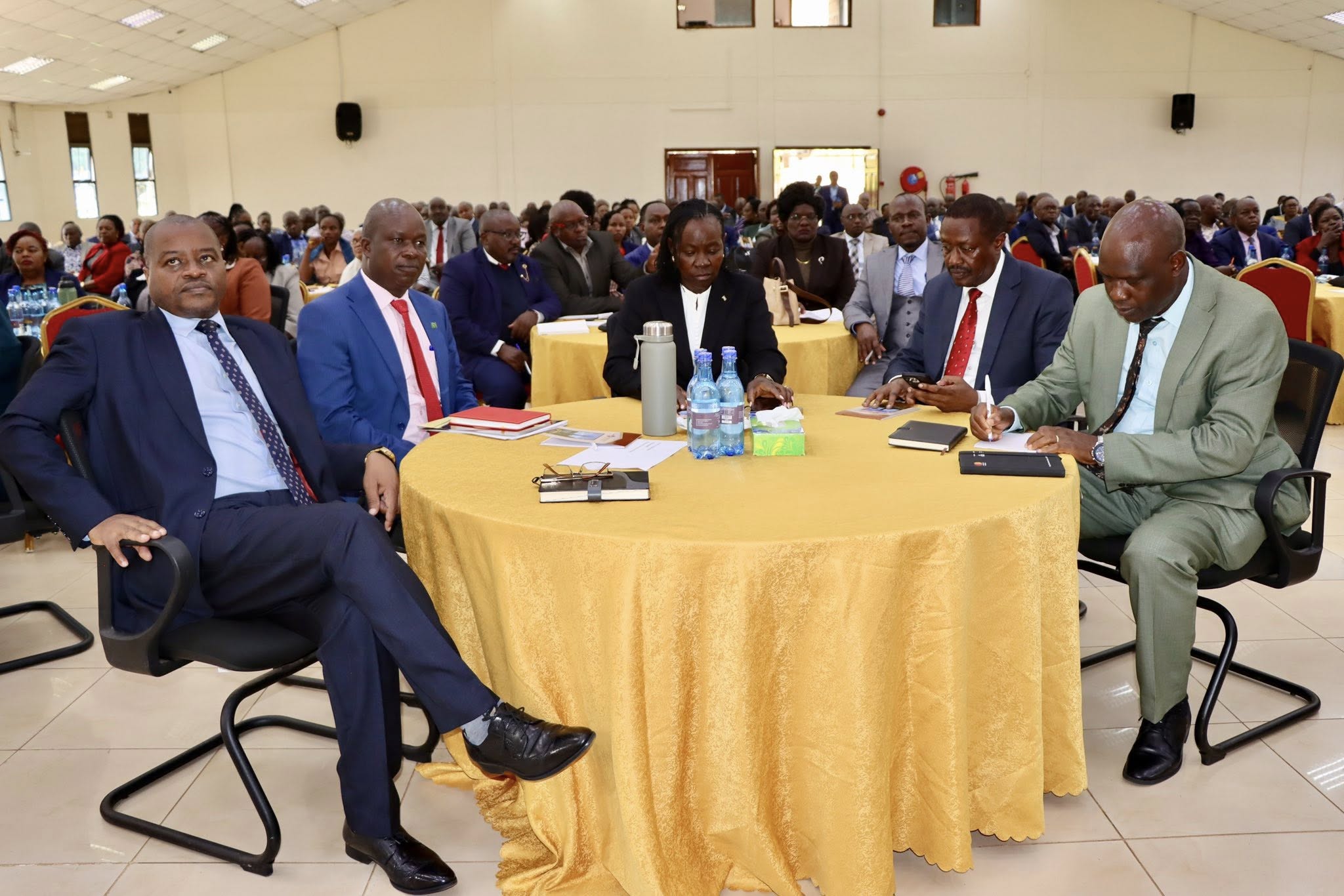Kenya’s education system prides itself on producing leaders, innovators, and visionaries. But there is a silent shackle, a cultural relic polished to look like gold, still weighing heavily on our collective progress; the persistence of same-gender schools.
For decades, they have been marketed as bastions of discipline and academic excellence. Yet, behind the polished speeches and decorated notice boards lies a subtle but potent poison: the creation of socially handicapped graduates who stumble in the real world, not because they lack knowledge, but because they lack people sense.
The Real World Is Not Segregated
Step into the streets of Nairobi, the farms of Kericho, the boardrooms of Mombasa, or the courts of Kisumu; you will not find a ‘men only’ or ‘women only’ world. Life is co-ed. Business is co-ed. Marriage is co-ed. Politics is co-ed. From the matatu conductor calling out for passengers to the surgeon saving lives in the theatre, men and women must work,
think, and thrive together.
Same-gender schooling, however, engineers an artificial environment; a training ground for isolation, awkwardness and, often, deep-seated stereotypes. When you keep boys in a bubble of boys and girls in a bubble of girls for four formative years, you are not just teaching mathematics and chemistry; you are silently chiselling rigid walls in
their social DNA.
Social Skills Are Not a Luxury
Proponents of same-gender schools often boast about ‘fewer distractions’ and ‘better discipline.’ But let us call that what it is: an outdated scarecrow argument meant to keep parents docile. Real discipline is not the ability to behave when the opposite gender is absent. Real discipline is the ability to remain focused when the opposite gender is present.
And social intelligence is not a side dish in education; it is the main course. The graduate who can communicate respectfully and confidently with all genders will thrive beyond the school gate. Those who fumble in conversations, avoid eye contact, or hide behind awkward laughter will be eaten alive by the competitive world.
READ ALSO:
6 things teachers really wish kids and parents would do during the first month of school
Same-gender schools may produce academic giants, but many of them walk into the job market as social dwarfs; unsure of how to collaborate with colleagues, misreading cues and in some cases, carrying unexamined prejudices.
Breeding Grounds for Stereotypes
Let us be honest: when you keep young people apart during the most curious, identity-shaping years, you give room for myths, exaggerations, and wild imaginations to flourish. The boys hear only from boys what girls are ‘like.’ The girls hear only from girls what boys are.’This is not education; this is indoctrination by omission.
It is in mixed schools that students learn firsthand that leadership is not a gender, that talent has no chromosomes, and that respect is not reserved for people who look like you.
Fueling the Flames of Social Misfit
We cannot ignore the growing chorus of concerns from parents and psychologists about unhealthy attachments, skewed friendships, and identity struggles that thrive in same-gender settings. By turning schools into gender fortresses, we are not just limiting healthy interaction; we are unintentionally lighting fires of confusion that many carry into adulthood.
Kenya needs citizens who can form healthy, balanced relationships in their friendships, business, and family life. A system that keeps young people apart for years, then releases them into a co-ed society, is playing social roulette with the nation’s future.
A National Security of the Mind
Some may laugh at the idea that same-gender schools are a national concern. But think about it: the leaders we elect, the doctors we trust, the engineers who build our bridges, the soldiers who defend our borders; all of them are products of an education system. If that system produces socially unbalanced individuals, it is not just a personal issue; it becomes a national liability.
When men do not understand women, when women mistrust men, when collaboration is foreign, society becomes fractured. And fractured societies cannot progress; they merely survive.
Time to Retire the Relic
The idea of same-gender schooling made sense in colonial Kenya, when cultural restrictions were suffocating and the education system was a foreign transplant. But times have changed. The Constitution champions equality. The job market rewards collaboration. The Church calls for unity. The world is moving towards integration, yet we still cling to a
A model that trains our children to function in isolation.
Kenya’s young people are not preparing for a world of chalkboards and dormitories. They are preparing for a world of negotiations, joint ventures, innovation hubs and global conversations. That preparation cannot happen in echo chambers of only male or only female voices.
The Case for Mixed Schools
Mixed schools are not perfect. But perfection is not the goal; preparation is. In a mixed setting, a girl can lead a project team comprising both boys and girls without hesitation. A boy can receive feedback from a female peer without defensiveness. Students can challenge each other’s ideas, compete fairly and appreciate each other’s strengths without the awkwardness of novelty. In mixed schools, teenagers learn early that gender does not determine intelligence, that leadership is not a hormonal accident, and that respect is earned, not assigned.
The Verdict
Kenya cannot afford to keep raising leaders who are socially limping, emotionally stunted and mentally walled off. We need men and women who can think, talk and work together without suspicion or discomfort.
Same-gender schools are comfort zones for the outdated. They may feel safe, but they are not producing safe futures. Suppose we genuinely want a Kenya that stands tall in unity, innovation and global relevance. In that case, we must stop training our children in segregation and start schooling them in the art of togetherness.
The silent shackles must be broken. And they must be broken now.
Raphael Ng’ang’a teaches learners English and Literature at a school
in Westlands Sub-county.
By Raphael Ng’ang’a.
You can also follow our social media pages on Twitter: Education News KE and Facebook: Education News Newspaper for timely updates.
>>> Click here to stay up-to-date with trending regional stories
>>> Click here to read more informed opinions on the country’s education landscape






